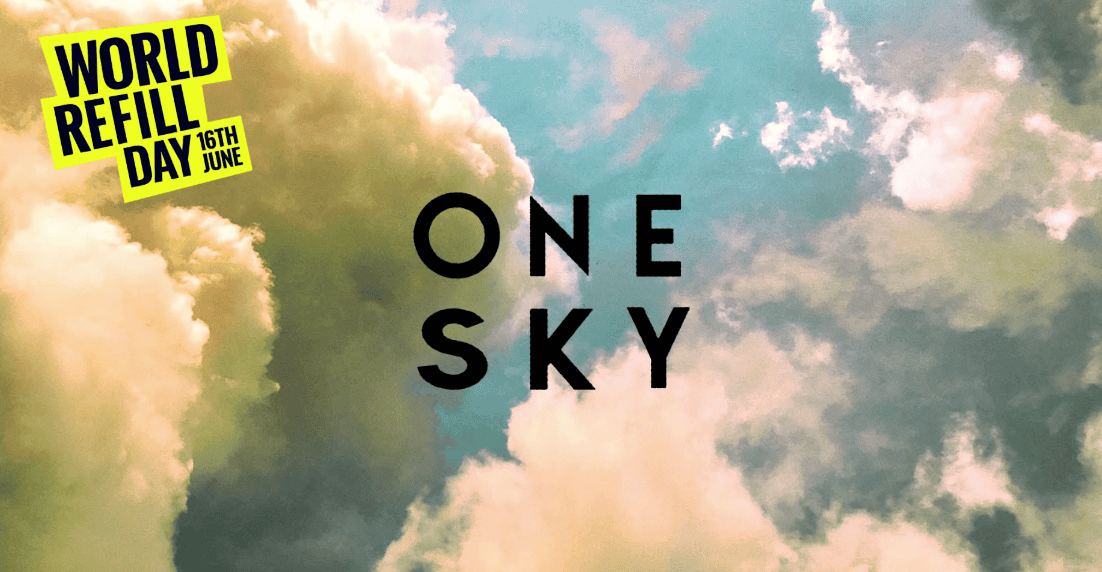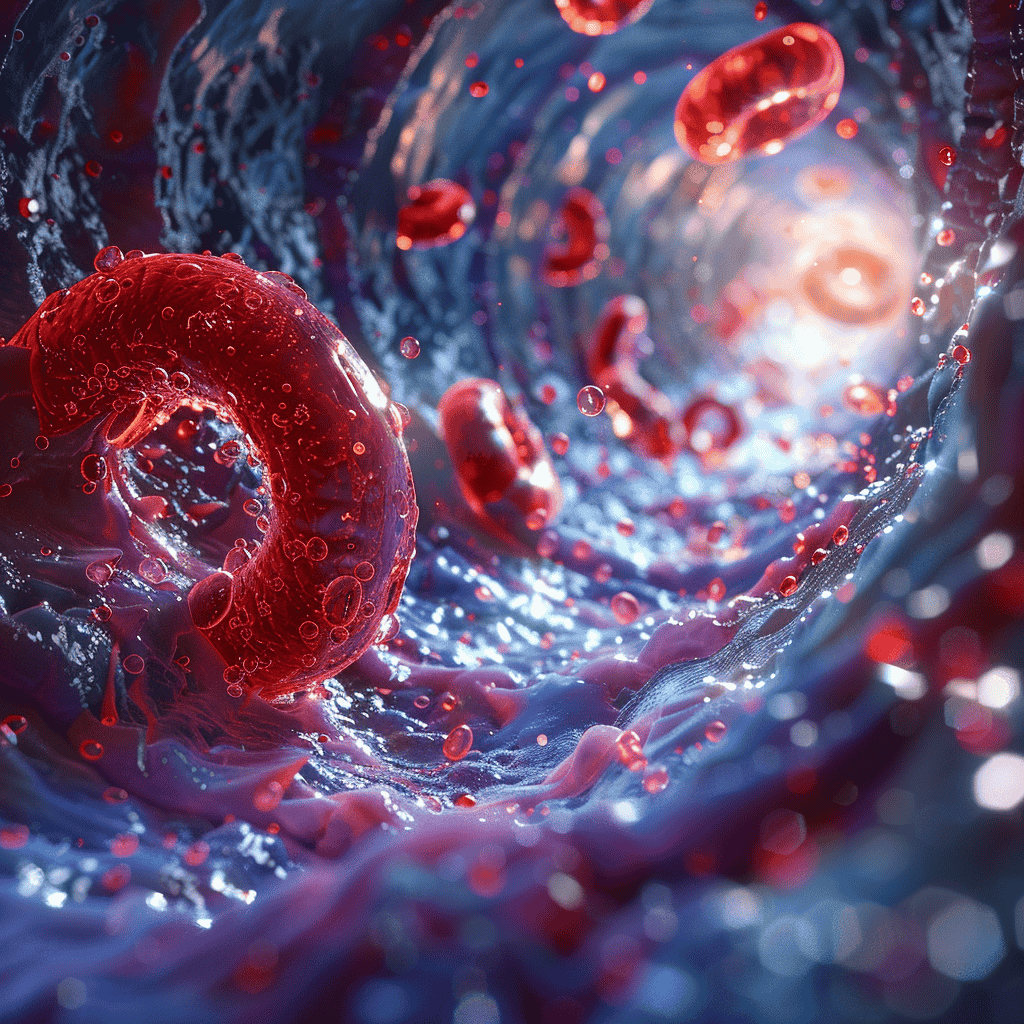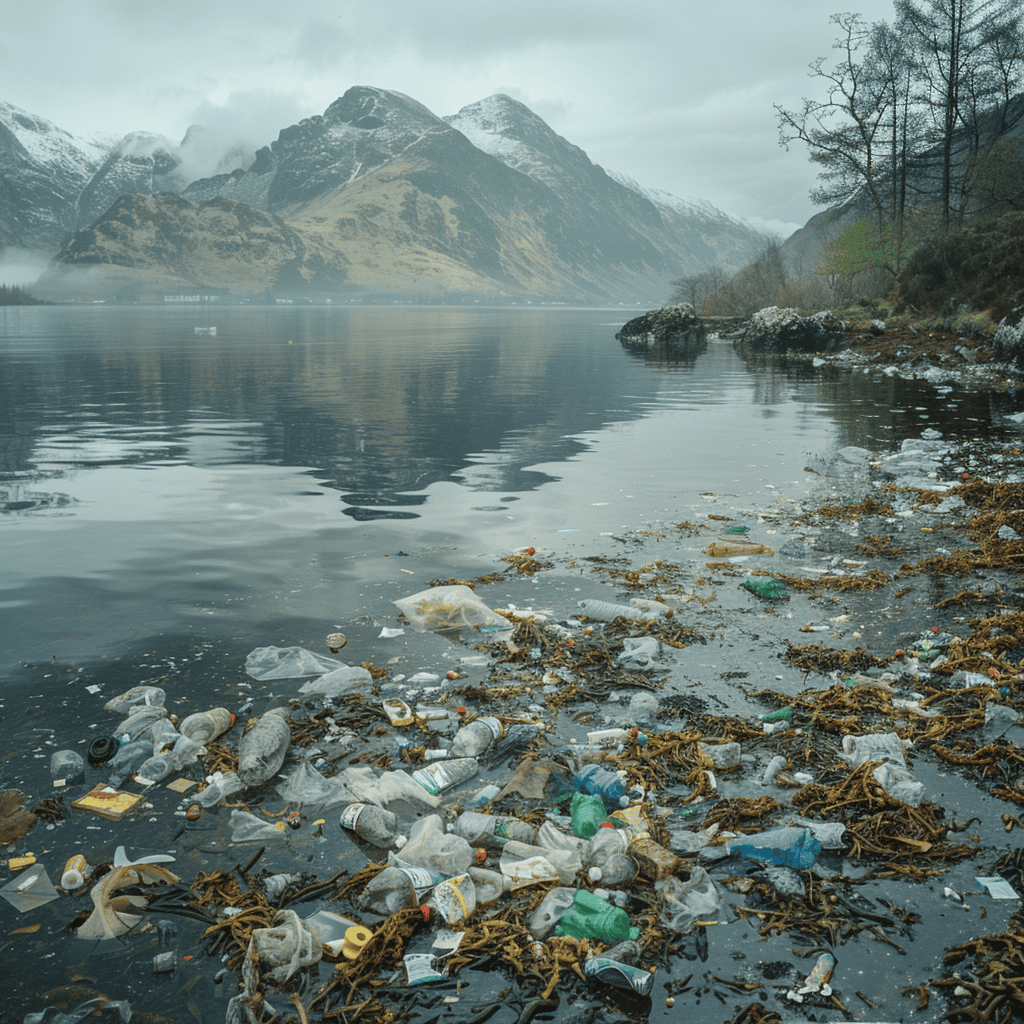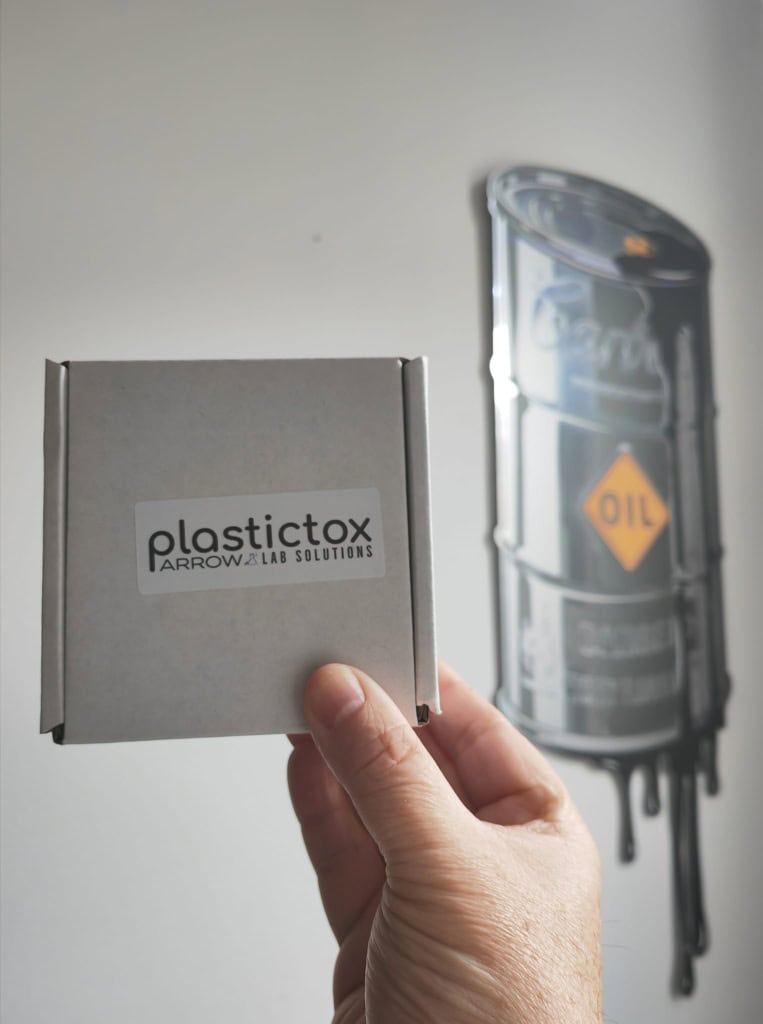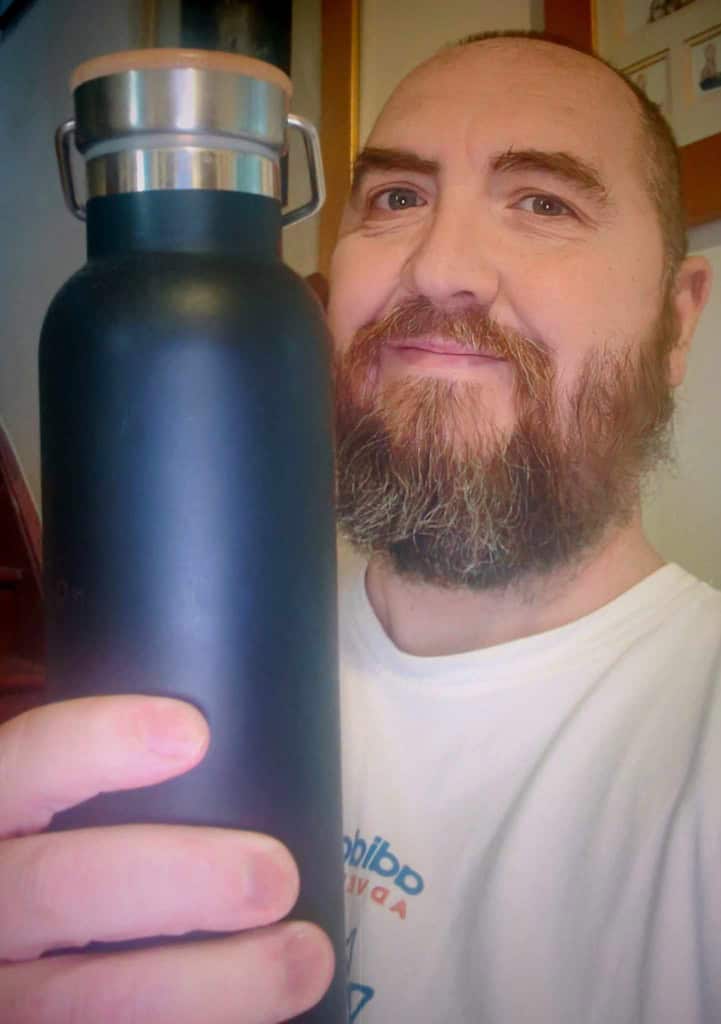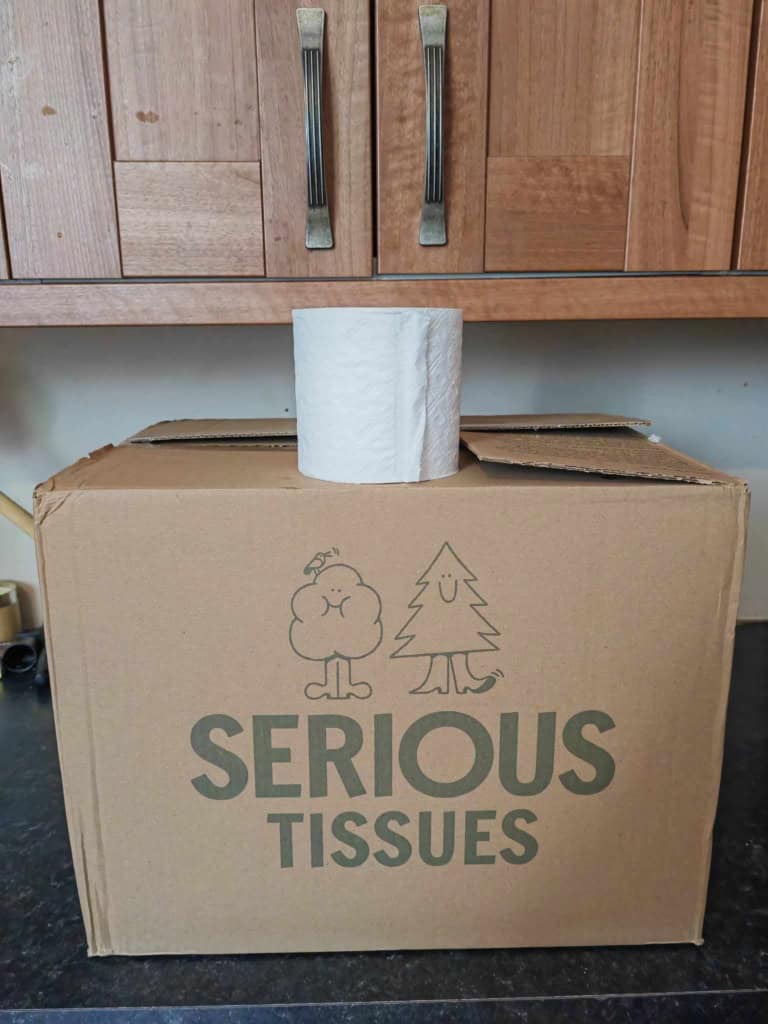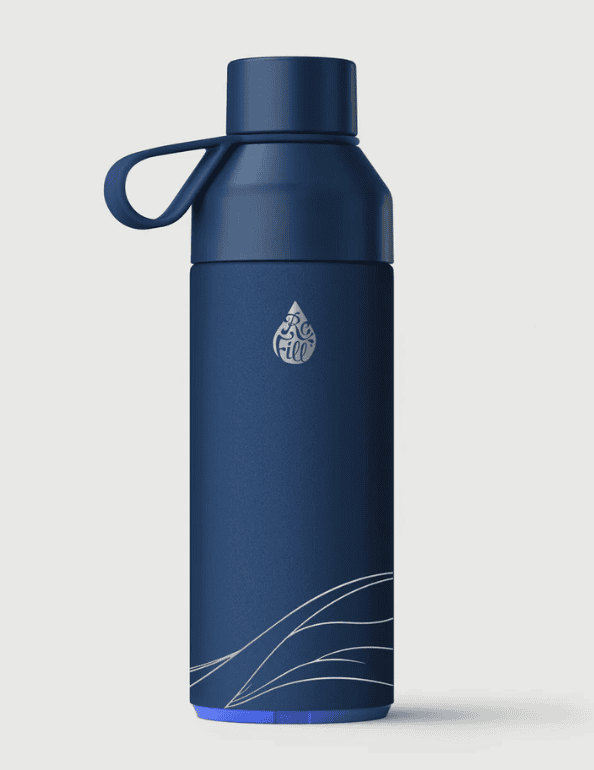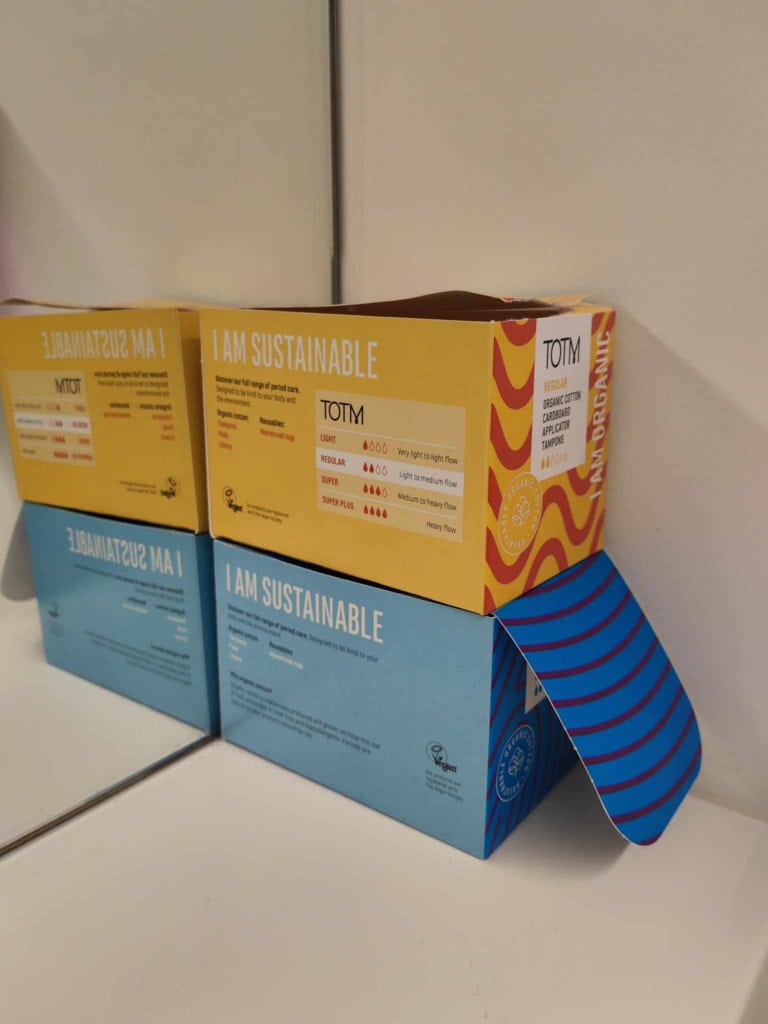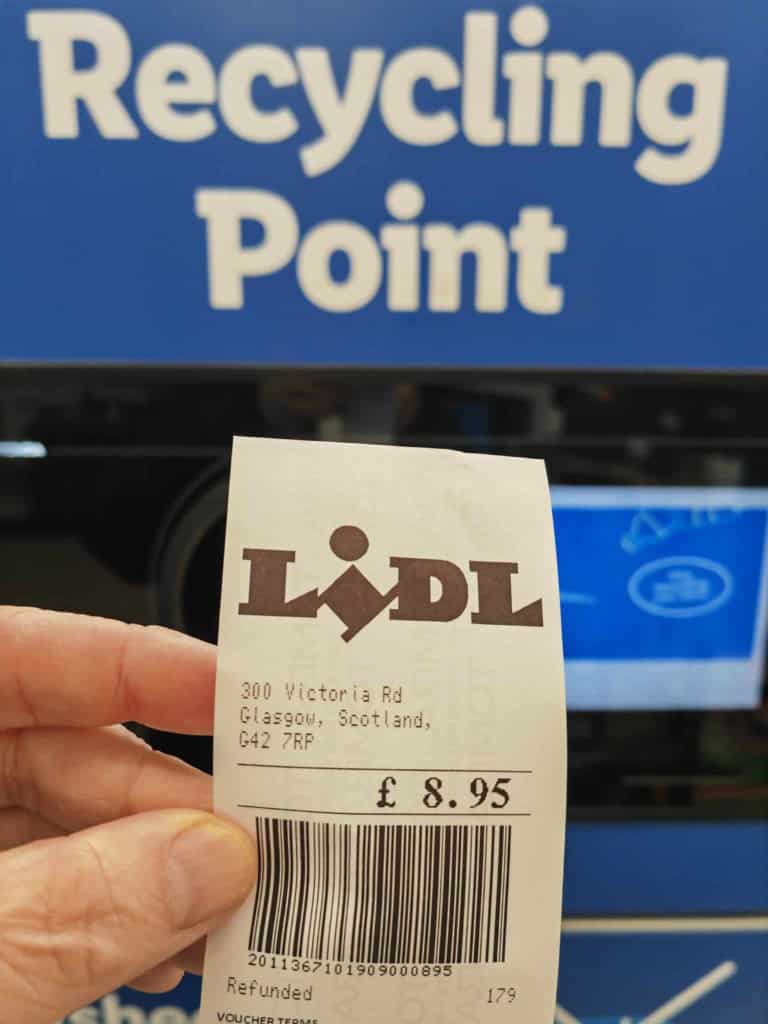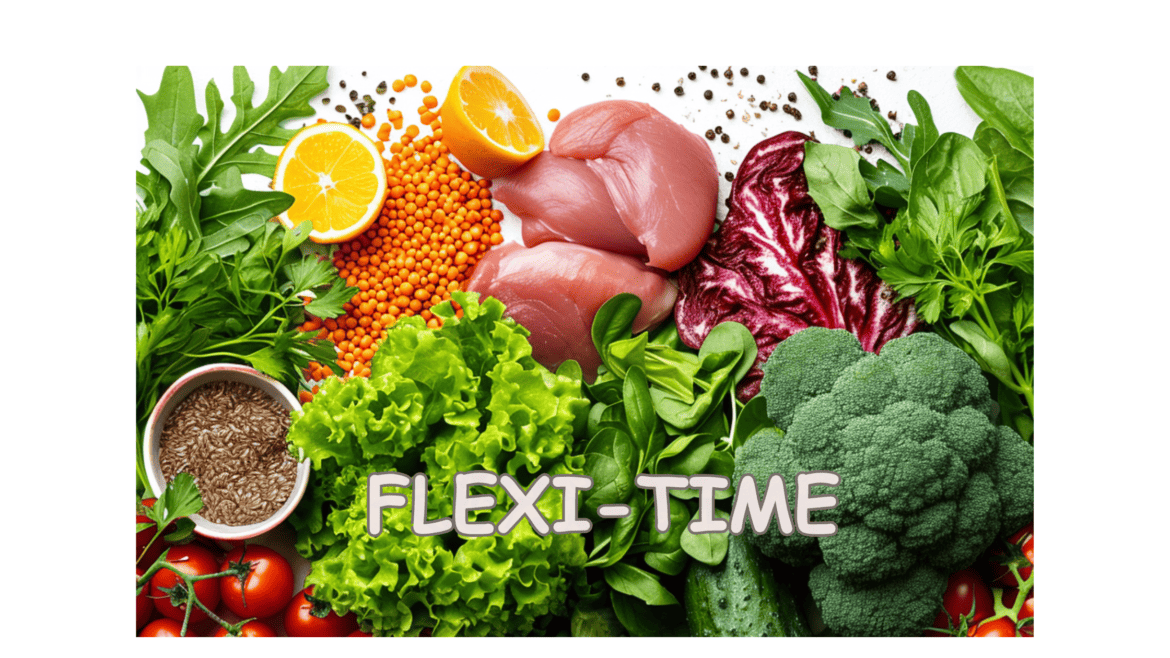I haven’t been blogging regularly, not because I’ve had nothing to say, but because I’ve been dedicated to something that I am passionate about and on World Refill Day, it’s time for an update. For the past two years, I’ve been building something that I believe can change habits at scale. I’ve been juggling roles, managing people, networking my socks off and trying to keep grounded as things start to take shape. This is possible the biggest thing I’ve ever attempted.
From when I recruited hundreds to Step Count Challenges, launched Great Run Local in Glasgow, and proposed what was to become the HASSRA LiveLife Challenge, I have always felt a need to make an impact and help others (a psychologist could have a field day with that).
Now, just months from launch, I’m ready to share more about One Sky Collective, a platform powered by artists, volunteers, and simple everyday actions that will soon reward people for doing good.
With World Refill Day approaching (June 16), it felt like the right time to reconnect with you, the planet, and with my own habits.
I’m still walking, attending the gym, and trying (not always successfully) to limit my consumption of succulent Chinese meals (when the Right Wan is right around the corner, this is easier said than done).
But there are other habits I need to replace. Ones that affect not just my health, but the planet too.
A Wake-Up Call in My Bloodstream
Last year, I had my blood tested via Plastictox. What I discovered was that there was microplastic in my blood. 150,000 microparticles worth. While I wasn’t completely surprised, it was still a shocking discovery, especially when informed that this was a “normal” reading. It is frightening how something so abnormal is now the norm. Plastic does not belong in our bodies as much as it doesn’t belong in our oceans.
It made me reflect on my habits and the first thing I did was reduce my consumption of soft drinks. I went Diet Coke free for about 6 months and then over the next 6 months, it has slowly been reintroduced into my life. Nobody to blame but myself, but the solution also lies within myself.
So I’m making a fresh commitment to reduce how much plastic I use. Not perfectly. But purposefully.
Small Shifts That Stick
These are the changes I’m making:
Refilling with Reposit at M&S: We’ve started refilling homecare products instead of rebuying plastic. The system is intuitive, and some M&S stores are already seeing return rates as high as 74%.
Bringing lunch to work: My waistline, my wallet and the planet will benefit from me saying goodbye to plastic-wrapped meal deals.
Taking my Ocean Bottle everywhere. To the gym, with my girlfriend as she gets coffee, to work and even to the cinema. I’ll look to replace my cold refreshing Diet Cokes with cold and really refreshing tap water.
These aren’t grand gestures. None of them are earth shattering, but they are achievable, consistent actions that when done by all of us, will help protect the earth (who needs the Avengers when you can have the Refillers – yes, the worst idea for a Marvel film yet). And soon, they’ll be rewarded.
How One Sky Makes Reuse Count
When our free and easy to use (I promise) One Sky app launches, every refill and return, whether it’s at M&S, with your reusable cup, or your water bottle, will earn you points. Beyond refilling and returning, we’ll also enable you to track and be rewarded for walking, running, cycling and even driving an electric car.
You can also save the planet and money by switching off electrical appliances and we’ll even reward you for watching adverts from sustainable brands and charities while you’ll be able to join forces with colleagues and friends in fun and friendly challenges. We’ll reward you for what you are doing and will not criticise you for not doing enough. Every action you undertake is a step in the right direction.
You’ll be able to redeem those points for:
Discounts from planet-friendly and innovative brands featured on our eco products page like Waterhaul and Gomi. Products that reduce and repurpose plastic. We will be curating and showcasing products that are not just alternatives but upgrades. And all within reach of the average budget. Living sustainably shouldn’t cost you the earth.
You can also use points to access tangible impact rewards, like removing plastic from the ocean or planting trees via our partners, and which will include a special commemorative work of art every month.
And should we scale (and with all of you – “all” doing some heavy lifting – helping we should) we’ll also enable you to redeem points for raffle tickets to win cool prizes and experiences.
Whether you’re in it for cool gear or global good, (or both) you’re making a difference with every action.
Two Years, One Mission
This has been a labour of love, powered by an extraordinary team of volunteers, who I honestly could not have gotten this far without. I’m also deeply grateful to the organisations who’ve supported us – City to Sea, Trees for the Future, and Seven Clean Seas – and to the brilliant artists who’ve lent their talents and provided their amazing art works.
These are creators whose work usually graces the walls of the Louvre, MoMA, and National Geographic. Soon, their art will be in the hands and homes of thousands (and hopefully yours too), with every piece purchased helping to remove more plastic, plant more trees and supporting the work of City to Sea.
World Refill Day with Refill Return and One Sky
While we finish development you can take action now. Every step counts and every day matters
Are you more of a water bottle💧or coffee cup refiller? ☕
Shopping for loose veg 🍅or filling up on dried goods? 🥜
Topping up toiletries🧴or your cleaning products? 🧽
If you are doing any of the above or would like to then our partners from @Refillhq are launching a #5DayChallenge to ditch disposables and show the world that a reusable future is already here! .
How does it work?
- Pick your reuse swap: either do the same swap for 5 days, or a new swap each day.
- Download the Refill Return app
- Post your progress using #5DayChallenge, #WorldRefillDay. Tag @Refillhq to join the movement!
📲Download their FREE app to find places to reuse and refill (or add new refill spots that you know of!) and share a picture to encourage others to do the same! 📸
Let’s stop waste before it starts
👊🙏🙌
You can also show early support for One Sky on our socials and can get ready to refill, return and get rewarded.
Follow One Sky on Instagram, and Twitter (still cannot call it X) because World Refill Day is just the beginning.

